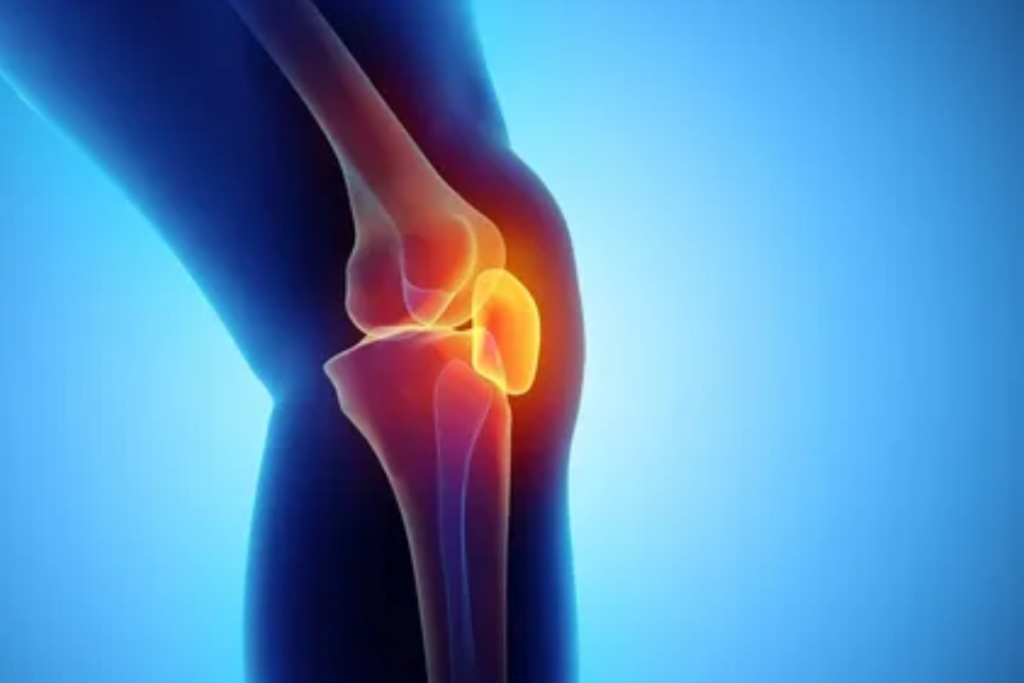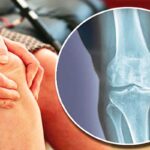
Bone dislocations are common injuries that occur when the ends of two connected bones are forced out of their normal positions. While dislocations can be painful and limit mobility, understanding their causes, symptoms, and treatment options can facilitate effective management and recovery. In this comprehensive guide, we’ll cover everything you need to know about bone dislocations, including types, symptoms, causes, diagnosis, treatment, factors affecting healing, and more.
What is a Bone Dislocation?
A bone dislocation occurs when the ends of two connected bones are forced out of their normal positions, disrupting the joint’s alignment. Dislocations can affect any joint in the body, including the shoulders, elbows, hips, knees, and fingers.
Types of Bone Dislocations:
- Anterior Dislocation: The bone is displaced forward from its normal position.
- Posterior Dislocation: The bone is displaced backward from its normal position.
- Lateral Dislocation: The bone is displaced to the side from its normal position.
- Inferior Dislocation: The bone is displaced downward from its normal position.
- Complex Dislocation: Involves damage to surrounding ligaments, tendons, or nerves in addition to the displacement of bones.
Symptoms of Bone Dislocations:
- Severe pain at the site of the dislocation
- Swelling, bruising, and tenderness
- Apparent irregularity or mispositioning of the impacted joint.
- Restricted movement or the incapacity to articulate the joint.
- Numbness or tingling sensations in the affected area
Causes of Bone Dislocations:
- Traumatic injury from accidents, falls, or sports activities
- Excessive stretching or bending of the joint beyond its typical range of motion.
- Weakening of ligaments and supporting structures due to repetitive stress or previous injuries
How do you diagnose a Bone Dislocation?
Diagnosing a bone dislocation typically involves a physical examination, medical history review, and imaging tests such as X-rays, CT scans, or MRI scans. These tests help determine the location, severity, and extent of the dislocation, as well as any associated injuries such as fractures or soft tissue damage.
Treatment of Bone Dislocations:
Treatment for bone dislocations aims to realign the displaced bones and restore normal joint function. Options may include:
- Closed reduction: Manual manipulation to realign the bones without surgery.
- Immobilization: Splinting or casting to stabilize the joint and promote healing.
- Surgical intervention: Open reduction and internal fixation may be necessary for complex or unstable dislocations.
Factors that Affect Bone Healing:
Several factors can influence the healing process of a bone dislocation, including:
- Age: Typically, younger individuals experience quicker healing compared to older adults.
- Nutrition: Adequate intake of nutrients such as calcium, vitamin D, and protein is essential for bone health and healing.
- Smoking: Tobacco use can impair blood flow and delay healing.
- Overall health: Chronic medical conditions such as diabetes or autoimmune diseases can affect the body’s ability to heal.
Prevention of Bone Dislocations:
While some dislocations are unavoidable, there are steps individuals can take to reduce their risk, including:
- Practicing proper safety precautions during physical activities and sports
- Strengthening muscles and improving flexibility through regular exercise and stretching
- Using protective gear such as helmets, pads, and braces during high-risk activities
- Seeking prompt medical attention for any signs of joint instability or previous dislocations
Summary:
Bone dislocations are common injuries that can have significant implications for an individual’s health and mobility. Dr. Ashish Suryawanshi, one of the best orthopedic surgeons in Pune, specializes in treating bone dislocations and providing compassionate care to patients in areas such as Pradhikaran, Nigdi, and Thergaon, Pune. With his skill and commitment to patient well-being, Dr. Suryawanshi helps individuals recover from dislocations and regain function in their affected joints, ensuring the best possible outcome for their long-term health and quality of life. If you or a loved one has experienced a bone dislocation, don’t hesitate to seek expert medical attention from Dr. Ashish Suryawanshi for personalized treatment and support throughout the recovery process.




